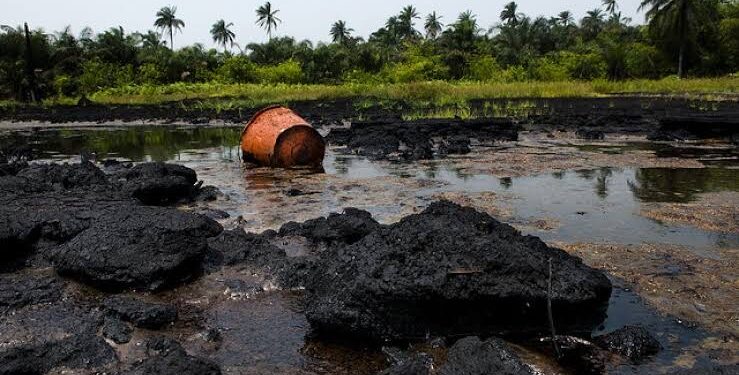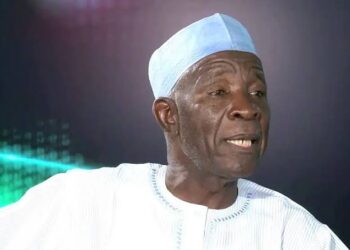The leadership of the Olugboboro community in the Southern Ijaw Local Government Area of Bayelsa State and Eni, the parent company of Nigerian Agip Oil Company (NAOC), find themselves embroiled in a heated dispute regarding the cause of a significant oil spill.
Chief Azeke Matthew Akpowari, Chief Ebimobowei Kenbo Ipkesiware, and Assistant Secretary General Amos Oweifighe, representing the Olugboboro Community, have formally petitioned the state government for urgent action to halt the ongoing oil spill. They assert that the spill resulted from equipment failure, devastating vast expanses of farmlands, ponds, economic trees, and forested lakes.
“The damage inflicted on the livelihoods and environment of our people due to the massive quantities of spilled crude oil is immeasurable,” they emphasized. They underscored that Biedinobou, where the equipment failure occurred, serves as a critical agricultural and fishing center for the community. They estimate that hundreds of thousands of barrels of crude oil have inundated the area since the pipeline ruptured sometime in May, tragically transforming once-productive farmlands, lakes, and ponds into polluted expanses of crude oil.
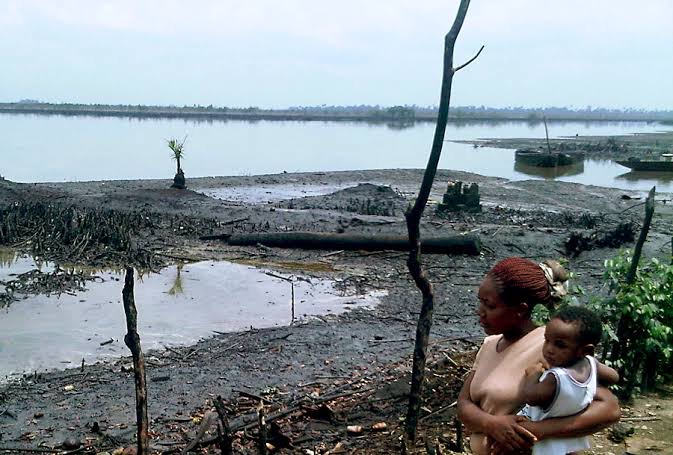
Consequently, the community is demanding immediate relief materials and substantial compensation to alleviate the hardships faced by its residents.
In response, Eni confirmed the occurrence of the oil leak at its Ogboinbiri/Tebitada pipeline but attributed it to external interference by oil thieves operating in the vicinity. According to a report from the Joint Investigation Visit (JIV) conducted by Eni in collaboration with authorities and community representatives, the spill was indeed caused by illicit activities in the area.
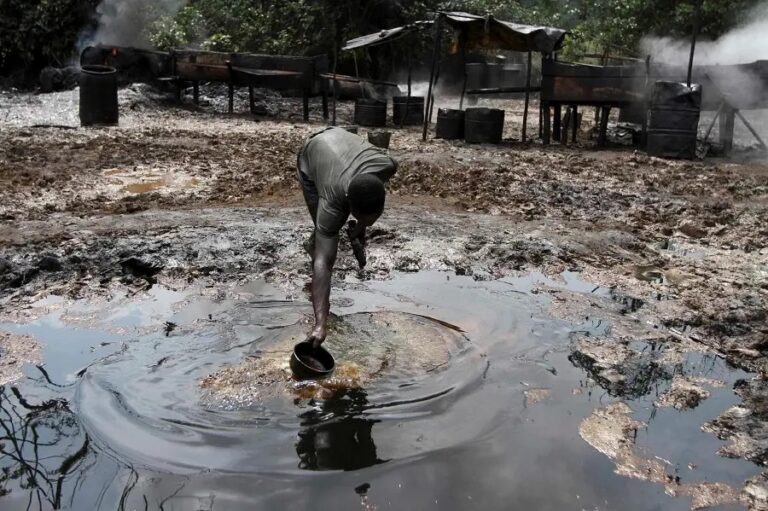
In a public statement, the multinational oil company assured that it has taken swift action by deploying containment booms to minimize the spread of the spill and mitigate further environmental damage.
This clash of perspectives between the Olugboboro community and Eni highlights the complex issues surrounding environmental stewardship, industrial responsibility, and community livelihoods in oil-producing regions. As efforts continue to resolve this dispute, the affected community anxiously awaits measures that ensure both justice and sustainable development for their cherished lands and livelihoods.
In the wake of the oil spill controversy between the Olugboboro community and Eni, it is crucial to address the broader implications of such incidents on both the environment and the local population. Environmental degradation resulting from oil spills not only affects the immediate ecosystem but also has far-reaching consequences on biodiversity, water quality, and public health.
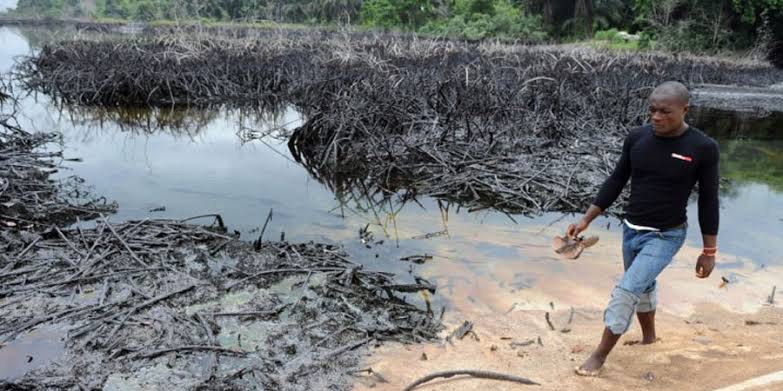
Furthermore, the social and economic impact on communities like Olugboboro cannot be understated. Loss of livelihoods, disruption of traditional practices such as farming and fishing, and the long-term health effects of exposure to crude oil pose significant challenges to the well-being of residents. It is essential for companies like Eni to not only take responsibility for the immediate cleanup efforts but also to provide sustainable solutions that support the community’s recovery and resilience.
Effective communication and collaboration between oil companies, government agencies, and local communities are key to preventing future incidents and ensuring transparent accountability in the oil industry. Establishing robust monitoring mechanisms, implementing stringent safety protocols, and engaging in meaningful dialogue with affected communities are vital steps towards fostering trust and promoting sustainable development in oil-producing regions.
As stakeholders navigate the complexities of the oil spill dispute in Olugboboro, prioritizing environmental protection, community empowerment, and equitable compensation mechanisms will be critical in fostering a harmonious relationship between industry interests and the well-being of the people and ecosystems impacted by such incidents.


